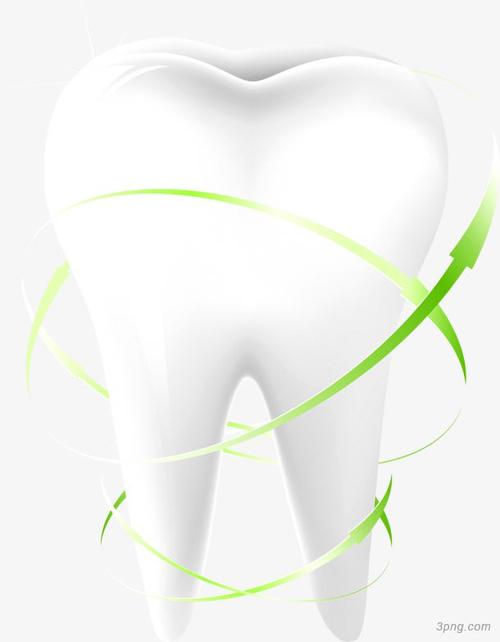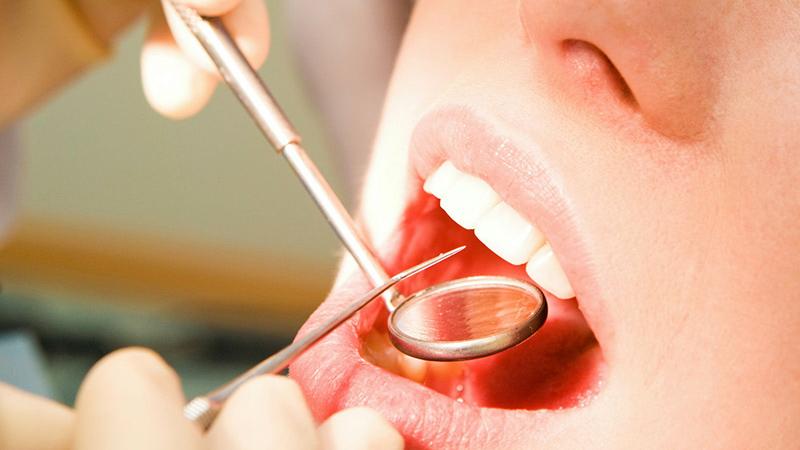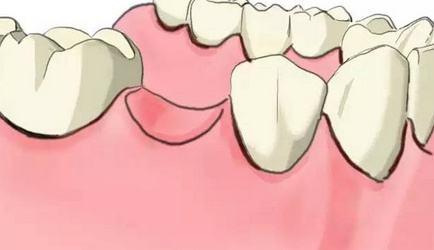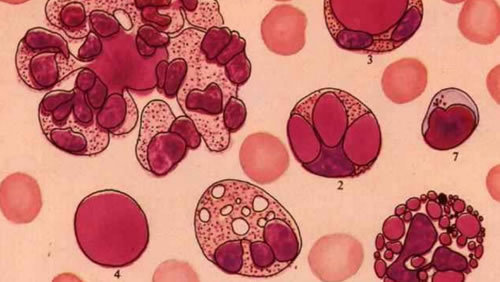A Tooth Tumor is not a Tumor, but it's a Tumor to be reckoned with
When Jack was a child, one of his teeth fell out and was not filled in time, leaving him with a small "cavity". At that time, he probably only felt a little discomfort but did not think that this small gap would become a breeding ground for dental tumours in the future.

Time passes and years go by. The missing tooth seems to have become a mysterious "black hole", silently devouring the surrounding healthy tissues. The jawbone, which should have been as hard as stone, gradually became soft and fragile under the influence of the "black hole". One day, Jack came to the hospital because of oral problems, the doctor unexpectedly from that insignificant hole, pulled out a whole 57 teeth! These teeth were of different shapes and sizes, as if they were a "forest of teeth" in the jawbone, making people's jaws drop. It turns out that these teeth are not real teeth, but are tumours that grow in the jawbone. They are caused by malformations of the tissues that form the teeth, like a verrucous malformation or a misshapen tumour, and although the name sounds scary, it is not a true tumour. Dentinomas are like "tooth factories" that produce teeth of all shapes and sizes in the jawbone. However, these teeth are not what Jack needs, and not only do they not function properly for chewing, but they can also lead to oral diseases.
Dental tumour, a seemingly unfamiliar term, actually creeps into our mouths at some point. In its early stages, it is like a cunning invisible man, the symptoms are not obvious, patients may just feel some discomfort in the mouth, or teeth seem to be looser than before. However, these subtle changes are often overlooked as ordinary oral problems.‘

Dentinomas are particularly popular with children and adolescents who are amid tooth replacement. They wait with anticipation for their new teeth to erupt, only to find that their permanent teeth always seem to be lazily reluctant to show themselves. Parents may bring their children to the hospital for a radiograph. It is at this point that the "uninvited guest", the odontoma, finally reveals its true colours. If left untreated, the tumour will grow and begin to press on the nerves in the mouth, causing numbness or pain. Worse still, if the tumour grows between the roots of the milk teeth and the permanent teeth, it will act like a "roadblock", hindering the absorption of the roots of the milk teeth by the permanent teeth, resulting in the milk teeth refusing to "abdicate", forming the phenomenon of milk teeth stagnation. Although odontoma is not directly life-threatening, its existence will bring a lot of trouble to the patient's oral health and daily life. Therefore, early detection and timely treatment of dental tumours are particularly important. Once abnormal symptoms are detected, it is important to consult a doctor promptly so as not to let the tumour take advantage of this "little mischief".
A dental tumour, while it may sound a little scary, in most cases doesn't turn into the kind of cancer that is so frightening. Surgical removal is by far the most effective way to deal with this problem. For those with mixed tumours, the procedure is like a "mini-surgery" of the mouth. The surgeon will gently cut through the gums as if lifting a veil of mystery to reveal the tumour's true nature. Then, the doctor will use specialized tools to gently scrape out the tumour, as if digging a small hole to find the "treasure" hidden inside.
Combination odontomas are a bit more complicated, as they can act like a vine that wraps around a normal tooth. In this case, the surgery needs to be more careful and thorough. The surgeon will need to carefully scrape out the diseased tissue, as if he were removing a weed, to ensure that not a single leaf or root is left behind. This will prevent the recurrence of the odontoma and make our mouth healthy again.
After a "little battle" with the tumour, Jack finally saw the light of victory. Jack's mouth feels as if it has been cleaned out, fresh and comfortable, and no longer has the discomfort it had before. Jack also deeply appreciated the importance of oral health and the need for regular checkups and timely treatment. Looking back on this experience, he can't help but smile. Who would have thought that a small dental problem would lead to the big trouble of a dental tumour? However, it was this experience that made him cherish his health more and pay more attention to every detail of his body.

(Writer:Haicy)





